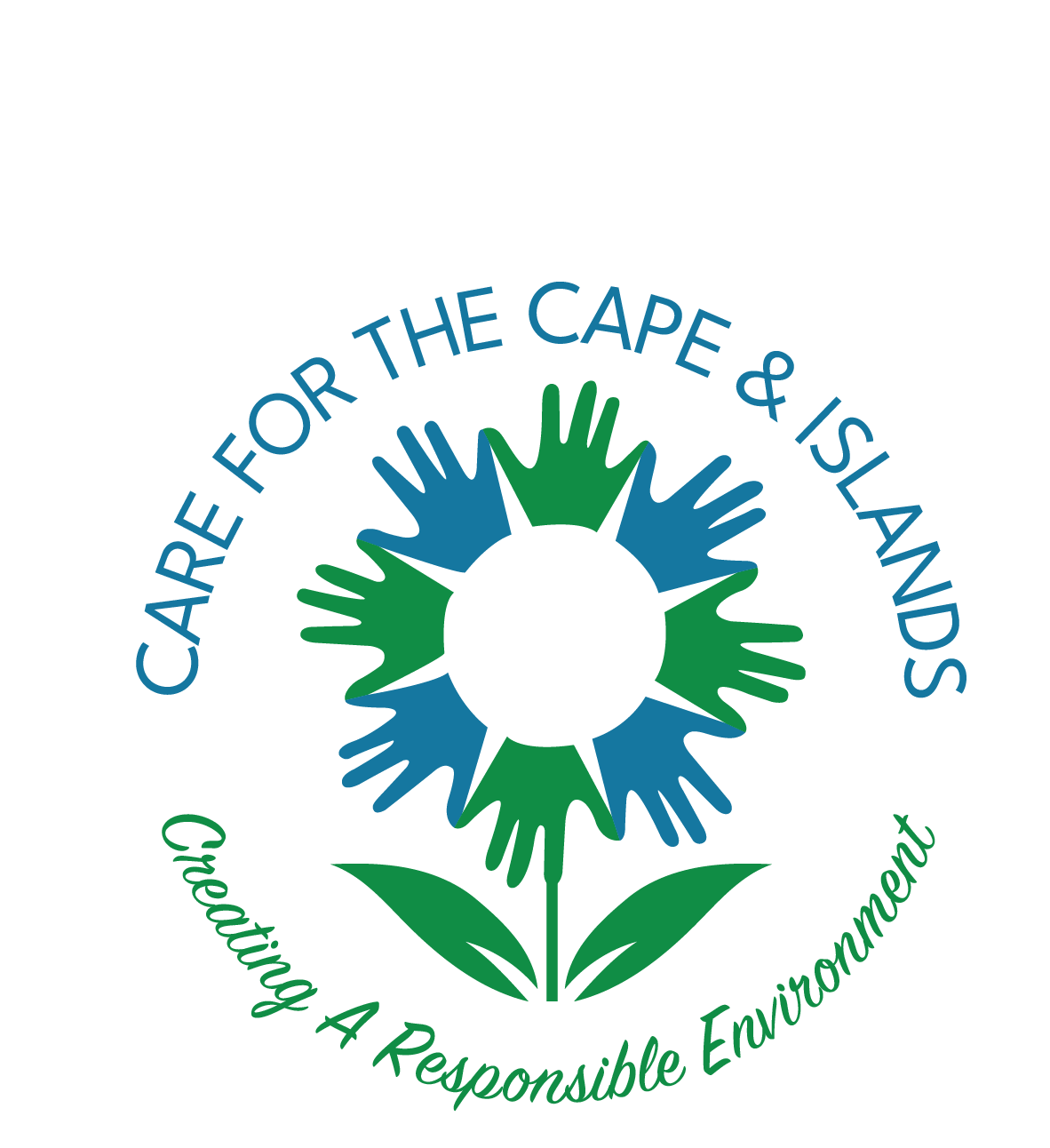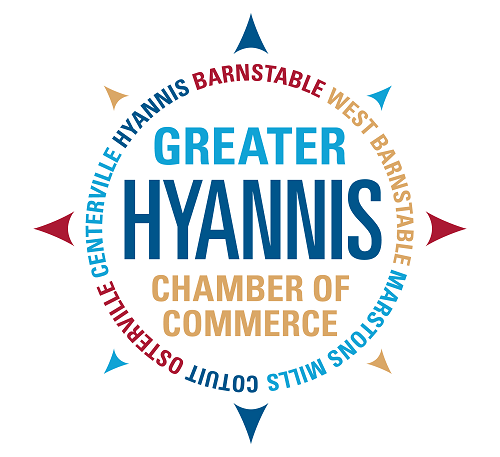Editor’s Note: Cape Cod Climate Change Collaborative’s Rich Delaney attended the COP26 Climate Convention in Glasgow, Scotland last week.
I am writing from Glasgow, Scotland, where tens of thousands of government representatives, corporate leaders, scientists, and citizens from all walks of life and corners of the Earth shared the same goal: addressing the urgent need for climate action to achieve a more equitable, sustainable, and healthy planet.
None of the COP26 participants is here as a climate change denier, distractor, or delayer.
The Cape Cod Times recently featured an editorial by Marc Thiessen entitled “Climate Change is Not an Existential Threat.” A conservative pundit and fellow at the American Enterprise Institute whose mission is to promote a free market economy, Thiessen cites a British author who posits that climate change is not an urgent, existential threat. Neither Thiessen nor this author is a climate scientist and their laissez-faire perspectives on the climate crisis are countered by nearly 99 percent of the world’s climate scientists who agree that impacts of a warming earth do, indeed, constitute an existential threat to our planet.
In the Cape Cod Times editorial, Thiessen attempts to project less severe impacts and rosier results through a wishful view of the free marketplace. The real problem is that an unfettered, profits-driven marketplace is the mechanism that’s brought the world to this precarious position in the first place. As Nobel Laureate economist Paul Samuelson has noted, unregulated markets cannot be expected to protect the planet’s clean air and waters as these public values are not reflected in their calculations.
The fossil fuel industry has generated vast amounts of fossil fuels and associated products — the major cause of the earth’s rapidly overheating climate —but without accounting for impacts to our planet’s ecosystems and human health. It has amassed enormous profits for decades, while supporting massive disinformation campaigns causing dangerous delays in action on climate change. Meanwhile, governments around the world shell out approximately $500 billion annually in free subsidies to this industry, which then plows its vast profits back into influencing these same governments. And the trillions of dollars of climate impacts and costs caused by the industry? They are borne by governments, the planet, and us — with the heaviest impacts falling disproportionately on minority communities and developing countries.
Today’s deliberations in Glasgow are enormously energizing and hopeful, with countries reaching consensus on wide-ranging topics including agreements to shift destructive subsidies away from fossil fuel and to renewable fuels; to control the most destructive greenhouse gas, methane; for the largest greenhouse gas emitters in the advanced countries led by the U.S. and China, to fund and offset climate change impacts in the poorer developing countries; and, hopefully, to establish reasonable and equitable pricing on carbon pollution.
Back in the U.S. these international actions are supported by ambitious initiatives from the Biden Administration, innovative state policies in the Massachusetts Clean Energy and Climate Plan-2030, and regionally by the Cape Cod Commission’s new Climate Action Plan. Moreover, these government actions and incentives are being augmented by the actions of socially and environmentally responsible private companies, institutions, municipalities, investors, and citizens.
Locally, the Cape Cod Climate Change Collaborative recently concluded its annual conference “Net Zero 2021: Powering Change at the Grassroots Level | Our Roadmap to a Clean Energy Future.” This free, virtual conference assembled national, state, regional and local leaders to explore ways in which our region can use the new Massachusetts climate road map to guide climate mitigation measures right here in our own region.
Those of us living on Cape Cod and the Islands witness the undeniable impacts of climate change daily: increasingly ferocious storms, coastal erosion, rising sea levels, fishing industry impacts, and damage to business and property values. So, do not let climate deniers and spokespeople for the status quo like the Cape Cod Time’s editorialist distract us from seeking fundamental changes in the way we do business and lead our lives.
We need to do our part and work together — from Glasgow to the Cape and Islands — to achieve a healthy, equitable and sustainable world for ourselves and generations to come. To learn how Cape & Islanders are taking action and view the virtual Net Zero conference, visit the Cape Cod Climate Change Collaborative at capecodclimate.org
























